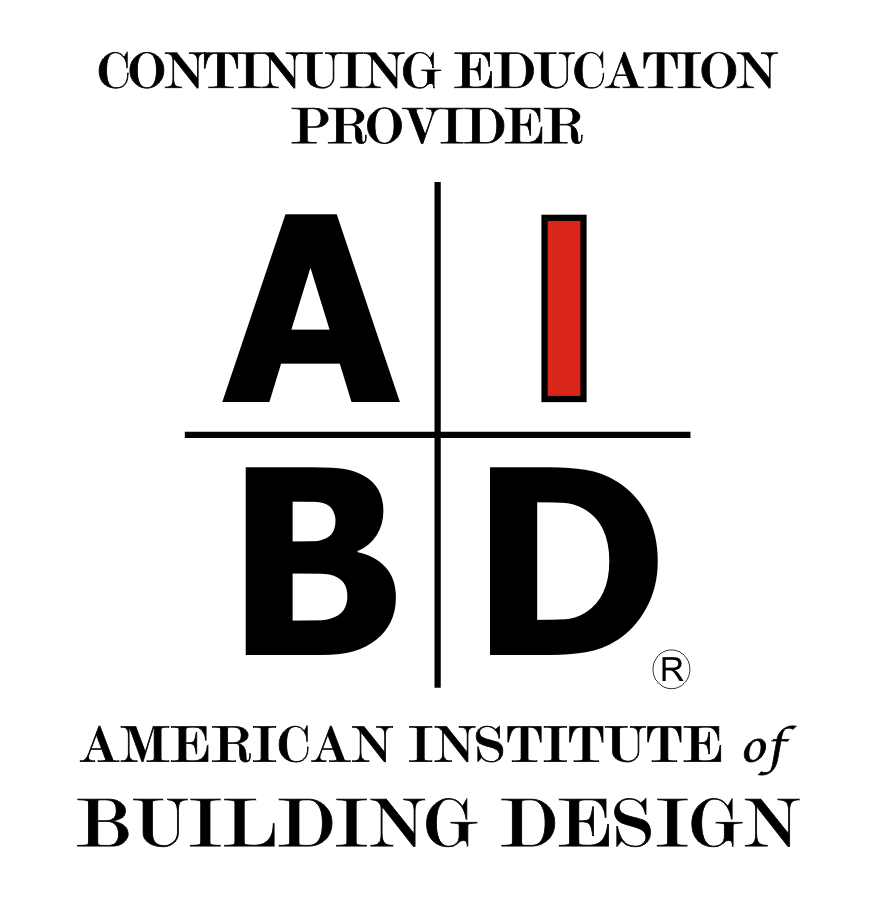Factory Like A Forest, Products Like Trees
Sponsored by The Bark House at Highland Craftsmen Inc.
There is no audio associated with this presentation.
A forest has many functions and attributes that support planet health. It holds carbon, improves water quality, and builds clean soil. It also holds a space for people to have a personal experience connecting with the power of raw nature. This is often translated into cultural identity and community building. A forest reflects regenerative processes and contributes to whole communities, helping us think about old definitions of prosperity.
This course is about a factory with whole-system processes that are like a forest and products that biomimic trees. It will look at process, product, and place, and how each contributes to building whole communities.
The factory is located in the Appalachian Mountains, where the soil is rich and the forests are diverse. Old and worn, wise and wild, this place is a part of the people—and the people are a part of this place. We will explore quantitatively and qualitatively how a factory has given voice to what that means.
A forest cleans the air, water, and soil (planet). It nurtures the human soul (people). Plus, it serves as a model in the regenerative design of whole systems (prosperity).
What if a factory could do the same?
This course demonstrates how that is possible.

The Bark House® is an awarded Regenerative Business and B Corp, Best For The World company that can be described as a factory like a forest. Bark House wall coverings, made of pure, reclaimed tree bark earned the world’s first and only Cradle to Cradle® PLATINUM Certification. For more information on Bark House’s core elements and to view video testimonials from real people, click here.
Originally published in Forge
Originally published in April 2018
LEARNING OBJECTIVES
- Compare and contrast the sustainable benefits of carbon positive, carbon neutral, and carbon negative.
- Discuss how industry can improve the quality of water on this planet through protection of clean water resources.
- Identify the sustainable benefits of a cradle-to-cradle model as it applies to soil health and carbon reduction.
- Employ a whole-eco-system approach to specifying forest products to ensure a regeneratively built environment.











